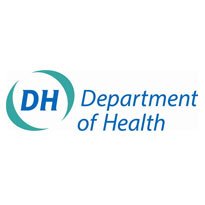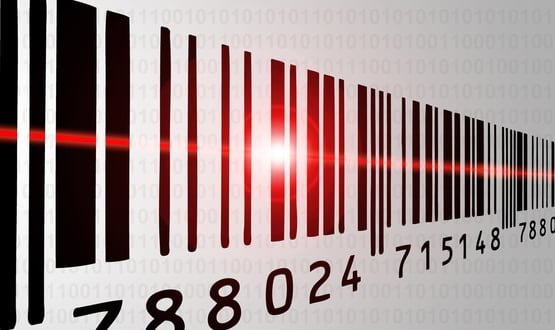DH issues strategy for e-procurement
- 12 May 2014

The NHS has been told to adopt international standards for identifying goods and purchasing them electronically, as part of the government’s latest attempt to improve procurement.
Trusts will be required to adopt GS1 UK standards and Peppol messaging standards as a result of an ‘NHS eProcurement Strategy’ issued by the Department of Health last week.
The strategy also sets out additional, central action including: amending the NHS standard contract to require compliance with the strategy; requiring suppliers to put GS1 data into a new datapool; national support for IT infrastructure, and a single benchmarking service for trusts.
Junior health secretary Dr Dan Poulter admits in a foreword that there “have been many previous initiatives to realise procurement efficiencies” but “this time we mean business.”
The government is looking for trusts to “stabilise their non-pay spending so that they spend no more than they currently do by the end of 2015-16” – equating to “£1.5 billion of procurement efficiencies.”
Overall, the DH is looking to make efficiency savings of £2 billion on NHS procurement, as part of the ‘Nicholson Challenge’ to find £20 billion by 2015-16, to bridge the gap between flat funding and rising costs and demand.
However, the DH has been pushing for the adoption of GS1 standards on safety grounds for a number of years.
In 2007, it issued ‘Coding for Success’, a report that outlined their potential for reducing medication, blood transfusion and surgical errors, by enabling medicines, blood and equipment to be tracked through the supply chain.
Initial progress was slow; particularly on the roll-out of barcoded wristbands, to enable blood and medicines to be checked against patient details at the bedside.
But the drive to adopt GS1 coding was given new impetus by the just-retired chief executive of the NHS, Sir David Nicholson.
In 2009, he wrote to trusts urging them to adopt GS1 barcoding to improve procurement, stock control, and patient safety; or, as the Department of Health’s informatics directorate described it, to “essentially barcode the NHS.”
The latest procurement strategy says: “Providers of NHS-funded healthcare, including the independent sector, must be able to electronically track and trace individual medicines and medical devices to a specific patient.”
In a statement, GS1 UK welcomed the new strategy, and said it would help trusts to produce template plans to complete adoption that can be shared through a new website.
Lord Hunt, president of GS1 UK, added: “By mandating these standards and holding trust board members responsible for implementation we will increase efficiency and productivity across the NHS, reducing paperwork, freeing up budget and crucially allowing staff to spend more time caring for patients.”
OpenPeppol is a European initiative, established in September 2012, to enable businesses across Europe to deal electronically with public sector buyers. It is looking to drive the creation of accepted technology standards and specifications within the procurement business.
The NHS eProcurement Strategy stresses at a number of points that it is drawing on best practice in other sectors.
“Importantly, there is nothing in the strategy that hasn’t already been done in part somewhere; either in the NHS, in another sector, or in another country,” it says. “What is new is bringing all these elements together to improve patient care through a modern, effective and efficient NHS procurement function.”




